

Follow the waste
Plastics and packaging waste - diverting from landfill

Quick Facts – Did You Know?
Plastics and Packaging
-
By 2050 we will generate 3.4 billion tons of trash per year around the world
-
Globally one fifth of household waste is plastic food packaging – only 9% has ever been recycled – 91% is in landfills, incinerated causing air pollution, or in oceans
-
150 million tons of plastic in our oceans – by 2050 will surpass the weight of all fish
-
Half of the world’s plastics come from Asia
-
83% of tap water samples contain plastic because micro plastics from our waste water can’t be filtered out.

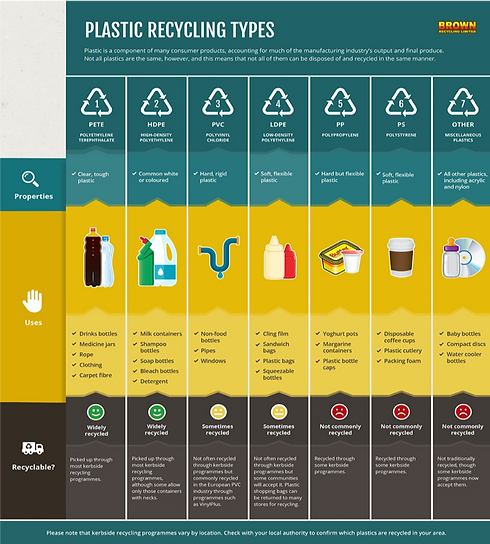

What you can do
-
REFUSE PLASTIC PACKAGING and single use plastic
-
SHOP WITH REUSABLE BAGS – keep them near the door
-
RECYCLING BINS in the classroom and around school
-
LABEL WASTE to LANDFILL bins
-
WRITE TO MANUFACTURERS /SHOPS AND SUPERMARKETS to use alternatives to plastic packaging and use 100% biodegradable
-
LETTER WRITING ACTIVITY – Schools make big purchases and have purchasing power. Lobby the school to make sure products, food, services are sustainably sourced and bought. Help the school go towards NET ZERO
-
FOLLOW THE WASTE – Find out how the waste management company treats the waste picked up from your School. How is it recycled, repurposed, retrieve materials, and contributing to the circular economy locally?
Teaching and learning resources for schools
What’s causing Climate Change? All the waste we are generating.
We BUY – USE – THROW AWAY. Not everything gets recycled
Practical Action have plenty of interactive lessons that help mixed age learners relate to the UN's Sustainable Development Goals and think about practical solutions.
Pupils investigate the properties of plastics then find solutions to problems caused by plastic waste globally
https://practicalaction.org/schools/plastics-challenge/
Take a look at the following teachers resources for primary and secondary/ high school students
https://www.transform-our-world.org/pollution-and-waste
Some global teaching resources.
https://www.teachstarter.com/au/teaching-resource/garbage-bin-posters-trash-recycling-and-compost/
https://sustainabilityinschools.edu.au/zero-waste-school-events
British Council Connecting Classrooms document has information for activities to understand how waste connects us globally. It links SDG 11 Sustainable Cities and Communities. How can we reduce Waste in our communities?
https://www.britishcouncil.org/sites/default/files/zero_waste_-_sdg_13_pdf_sep_11.pdf
https://connecting-classrooms.britishcouncil.org/resources/global-learning-resources/zero-waste
More teaching resources covering a variety of topics promoting global understanding, equity, peace and sustainability.
https://www.britishcouncil.org/school-resources/find/classroom
Project Learning Tree has learning resources to show how students can help reduce single-use plastic
https://www.plt.org/educator-tips/reduce-single-use-plastic
Practice the 9R framework
https://www.sustainablelifestyleideas.com/concept
Find more learning resources and videos on plastic waste here
Clothing and school uniform waste – diverting from landfill

Quick Facts – Did you know?
Clothing and Fashion
-
By 2050 clothing waste will contribute 25% of global emissions
-
The average consumer buys 60% more clothing than 15 years ago, but only 1% can be recycled
-
Demand for cheap clothes leads to cheap and unethical labour standards
-
On average a person wears a piece of clothing only 8 times before discarding.

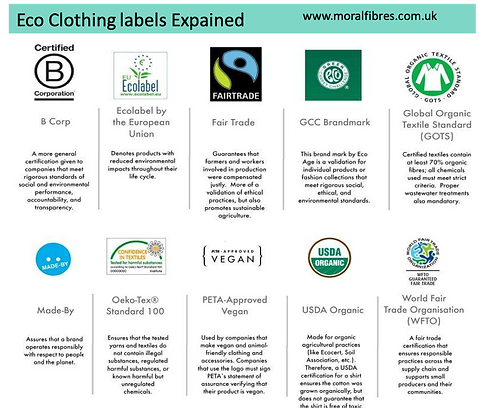

What you can do
-
AVOID FAST FASHION – produced in low cost countries. Often chemical dyes pollute the local water systems
-
THINK BEFORE BUYING- do you need it?
-
BUY NATURAL- clothes made from natural materials last longer. Synthetic clothing is made from petrochemicals. They don’t biodegrade and contain microplastics in fibres.
-
REPURPOSE or REDESIGN clothes that haven’t been worn for a while or don’t fit
-
DONATE pre-loved clothes to others or to a charity
-
SWAP or BORROW.
Teaching and learning resources for schools
“Unravelling the thread” is a short film about the story of cotton by FAIRTRADE. It helps young people understand the impacts of fast fashion and the difference consumers can make to people’s lives through their buying choices.
https://schools.fairtrade.org.uk/teaching-resources/unravelling-the-thread/
Traid is a charity concerned with clothing waste and have developed an education toolkit Behind the Seams that explore how clothing is produced, consumed and disposed and its socio environmental impact. Helps young people gain knowledge and take action for a more sustainable society.
https://www.traid.org.uk/edu_presentations/behind_the_seams_toolkit.pdf
Read some global stories how Traid’s partners are changing lives in the clothing industry
https://www.traid.org.uk/traid-blog/
https://practicalaction.org/schools/waste-to-wear/
Transform Our World section on food and consumption have educational links to clothing waste.
https://www.transform-our-world.org/food-and-consumption
SCHOOL UNIFORMS
-
BUY SUSTAINABLY SOURCED – ask schools to change their suppliers
-
PASS IT ON – size doesn’t fit? Don’t throw away sell it on or pass it to your siblings or friends
-
REPURPOSE – redesign old uniforms and wear for other occasions
-
RECYCLE – to proper clothing waste recycler who can retrieve the materials for other use.
For schools in the UK have a look at the following sites to buy environmentally friendly school uniforms.
Are there similar companies in your region of the world?
The ethical superstore is an online shopping platform that stocks a range of UK school uniforms made from sustainable materials like organic cotton.
https://www.ethicalsuperstore.com/category/baby-child-and-toys/clothing/school-uniform/
Ecooutfitters is a sustainable school uniform company that stock ethically made sustainably sourced and durable clothing from 100% organic cotton certified by GOTS (Global Organic Textile Standards).
https://www.ethicalsuperstore.com/products/ecooutfitters/
Koolskools supply ethical school uniforms made with fair trade cotton.
Read about the impact of Fairtrade cotton uniform. Get some ideas how you can have a discussion about switching school uniforms in your school and making a greater impact on people and planet.
https://www.koolskools.co.uk/explore-fairtrade/
Find more learning resources on clothing waste here
Electronic waste – diverting from landfill

Did you know?
E-waste
-
Hazardous waste such as paints, flammable liquid, pesticides, cleaning chemicals, oven or drain cleaners, batteries, fluorescent bulbs release toxins into soil and rivers
-
E waste generate 8 times as much electronic waste as in 1990, with only 1/6 being recycled
-
70% of the toxic heavy metals in landfills comes from electronic waste, especially lithium ion batteries in our phones and computers
-
E-waste such as phones, computers, TVs and other electronics use aluminum and other rare earth materials that deplete natural resources and damage land, emitting CO2 and causing acid rain.
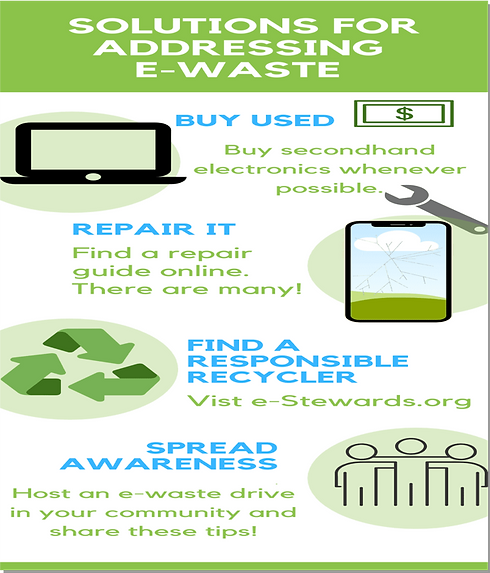


What you and your school can do.
-
THINK BEFORE UPGRADING your gadgets. Do you need it. How long will your phone, notebook or laptops be used.
-
REFURBISH and DONATE -remove data, refurbish or repair electronic gadgets and donate to someone who needs it
-
RESELL your gadgets or trade in with reliable agent
-
RECYCLE gadgets or other E WASTE with a licensed e-waste recycler.
-
FOLLOW the E WASTE – ask questions, find out how the recycler retrieves the valuable materials and recycle the plastic residues.
Teaching and learning resources for schools
Use the 9R framework to think how to avoid Schools E waste going into landfill and being salvaged into circular economy
https://www.sustainablelifestyleideas.com/concept
Take a look at Population Education site below to get more ideas on recycling E waste
Tree people have a range of educational material on reducing different forms of waste
https://www.treepeople.org/waste-reduction/
Find more learning resources and videos on e-waste here
Eco labelling

Quick facts - did you know?
-
There is growing trend of sustainable labelling for goods and services for customers to choose products or do business with
-
Not consistent around the world. Different countries have a range of labels
-
Increasingly ISO (international Standards Organisation) certification is being adopted on environmental standards
-
Many eco labels recognized globally do their own audits on companies to ensure they are compliant
-
Increasing number of businesses and services are complying with ESG guidelines (Environmental, Social and Governance) being set by banking and financial institutions to attract investors and customers.
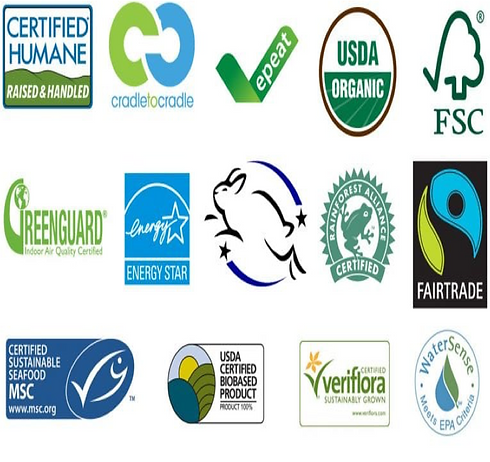
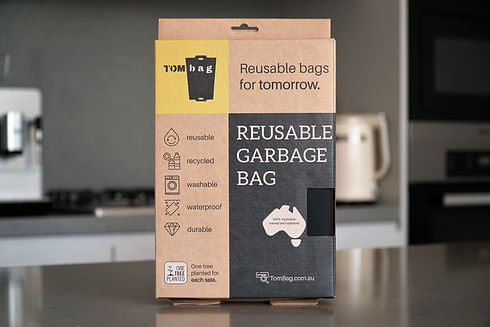

What you can do in schools
-
Eco label certification helps customers to recognize what they buy meets with environmentally sustainable standards
-
Look into the labels you come across and find out more about what they mean. Do a classroom project around it.
-
What type of products are being sustainably produced?
-
Where possible look out for eco labels when making large purchases for school.
Teaching and learning resources for schools
Ethical Superstore, UK based online shopping, gives short summaries of some eco labels or ethically traded labels, and what they mean across a range of products available.
https://www.ethicalsuperstore.com/good-guides/
Food packaging Labels is a US company that have put together information on sustainable food and labels.
https://www.foodpackaginglabels.net/ecolabels/
Find out about ethical or sustainable business in your part of the world.
Find more learning resources and videos about eco-labelling here.
